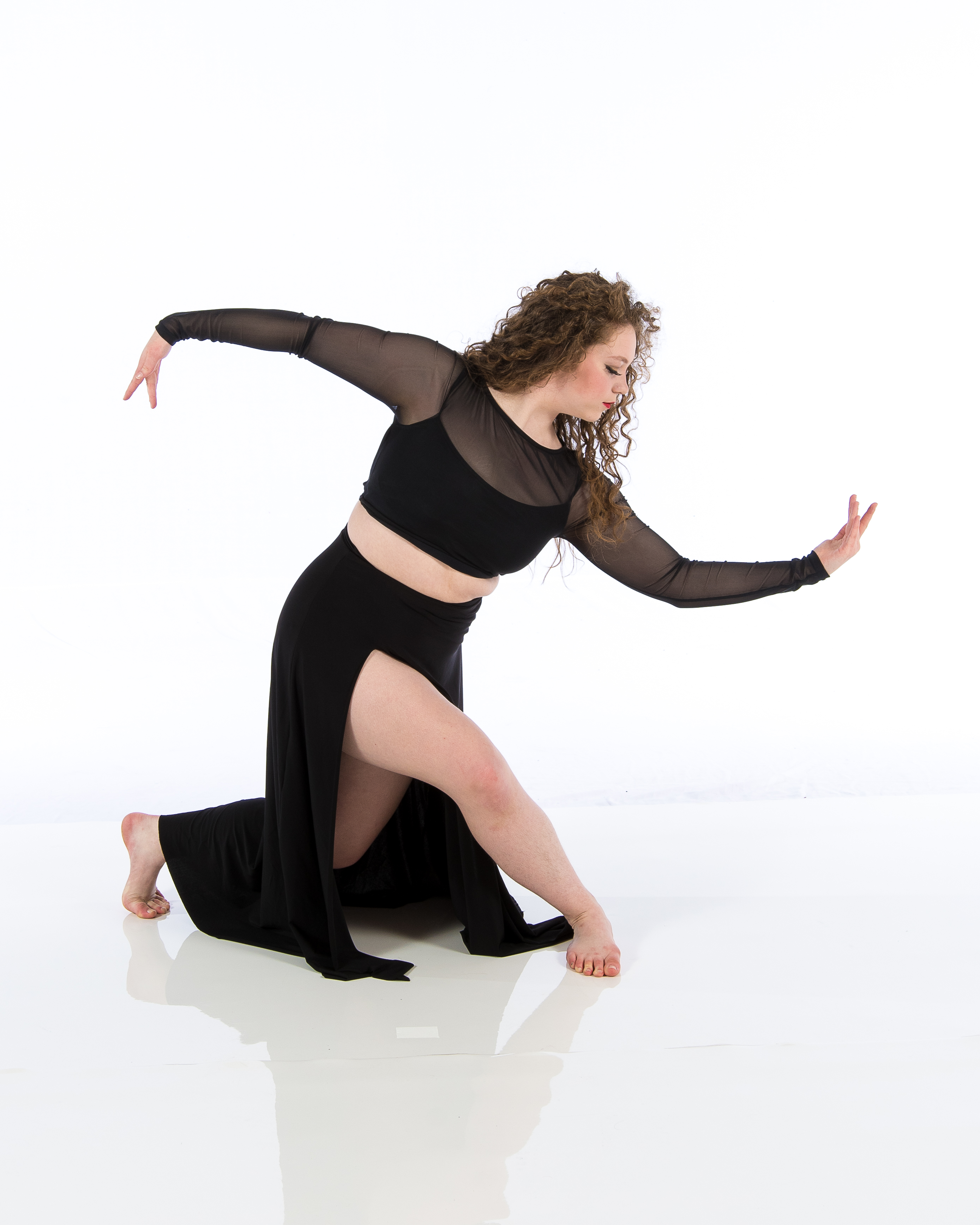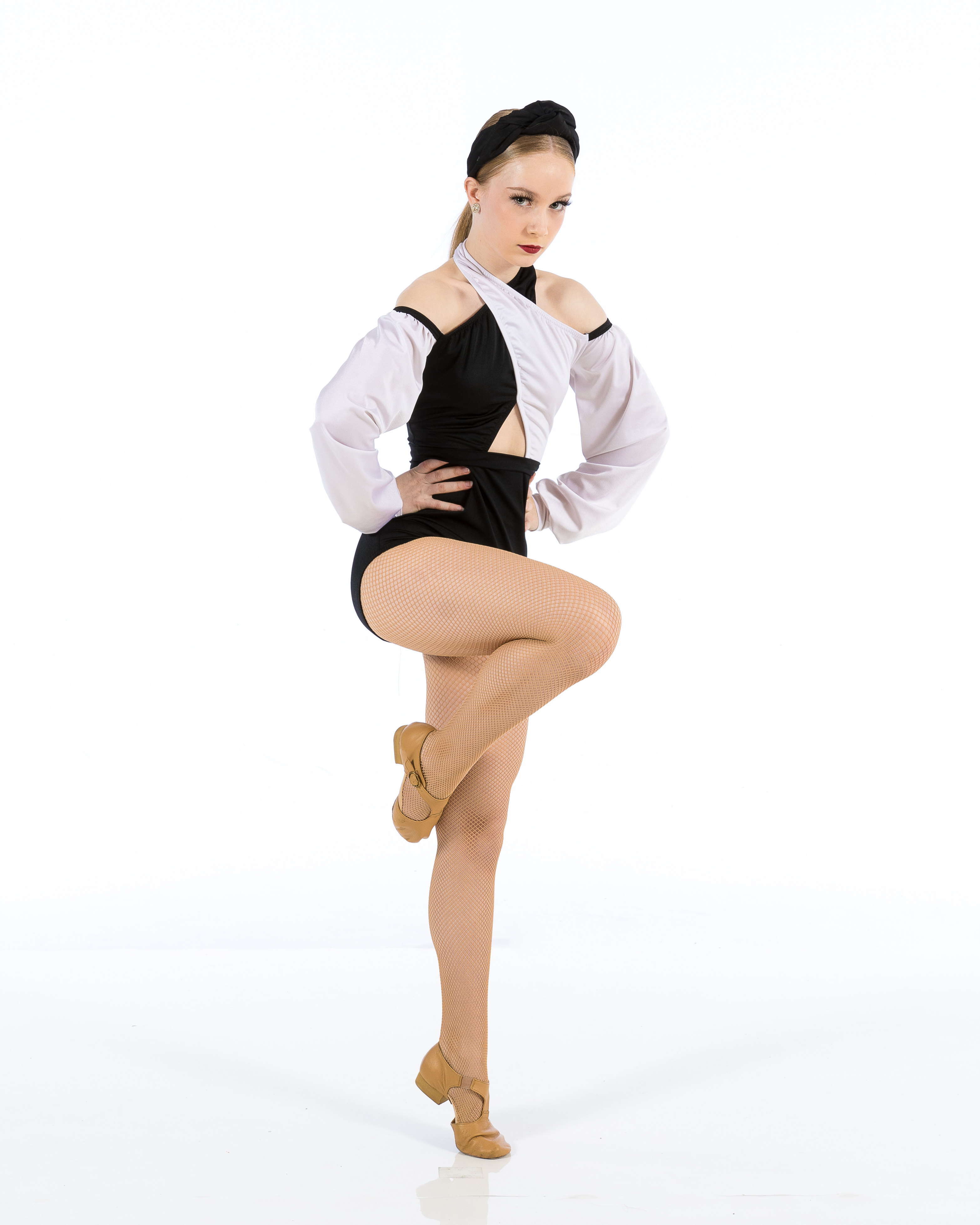Introduction
Stepping into a dance studio for the first time is an electrifying experience, one that can mix a mixed drink of feelings-- enjoyment, anxiety, expectancy. Whether you're an experienced dancer or simply starting your journey, understanding the subtleties of dance studio etiquette can elevate your experience and boost your partnerships with teachers and fellow professional dancers alike. In this comprehensive guide, we'll dive deep into Mastering Dance Studio Decorum: Necessary Tips for Beginners and Pros Alike
From basic policies to advanced factors to consider, this write-up will cover whatever you need to know about navigating the dynamic globe of dancing studios. So tighten those shoe laces and allow's get started!
The Relevance of Dance Studio Etiquette
Why Decorum Issues in Dance Studios?
In any artistic setting, rules plays a crucial function in keeping consistency and regard amongst participants. Dance studios are no exemption. Good decorum fosters a favorable environment where creative thinking can flourish.
- Respect: Being considerate in the direction of trainers and fellow dancers builds mutual respect. Focus: Proper behavior lessens diversions, enabling every person to focus on learning. Community: Decorum aids produce a helpful neighborhood that motivates growth and camaraderie.
Common False impressions Concerning Dance Studio Etiquette
Many newbies hold false impressions about what comprises appropriate habits in dance studios. Let's debunk some misconceptions:
- Myth 1: "Just innovative dancers need to comply with etiquette." Fact: Decorum is important for all degrees; it mirrors professionalism. Myth 2: "Instructors are also stringent concerning rules." Fact: Instructors apply regulations to keep order and respect.
Basic Dance Studio Decorum for Beginners
Dress Code: What to Wear?
First impacts matter! The appropriate outfit not only mirrors your dedication however additionally enhances your performance. Below's just how to clothe properly:
- Comfort: Choose garments that enable complimentary movement. Footwear: Invest in good-quality shoes matched to your dancing style.
|Dance Design|Advised Attire|| -------------|-------------------------|| Ballet|Leotard, leggings, ballet sandals|| Hip-Hop|Baggy apparel, tennis shoes|| Tap|Comfy garments, tap shoes|
Arriving promptly: Punctuality is Key!
Being late can disrupt the entire course. Goal to reach least 10 minutes early to:
- Warm up. Settle in mentally.
Tip: If you're running late because of unpredicted conditions, inform the teacher beforehand.
Quiet Zone: Preserving Silence Prior To Class
Dance workshops flourish on focus. Maintain conversations to a minimum prior to class begins to guarantee everyone can prepare mentally.
Intermediate Dance Studio Etiquette: Structure Relationships
Respecting Individual Area in Class
Every professional dancer deserves their space throughout practice. Prevent crowding others while practicing actions or routines.
Why It Matters: Appreciating individual room promotes comfort and assists in much better discovering experiences.
Listening Proactively Throughout Instructions
When an instructor is talking, it's essential to pay attention. Energetic paying attention shows regard and helps you comprehend vital concepts.
How To Show Active Paying attention:
Maintain eye call with the instructor. Nod when appropriate. Ask clearing up questions if needed.Advanced Dance Studio Etiquette: Raising Your Experience
Providing Positive Responses Wisely
As you grow a lot more skilled, sharing feedback becomes part of the culture. Nevertheless, strategy this delicately:
Focus on certain motions instead of general critique. Offer ideas only if solicited by peers.Encouraging Others: Building Neighborhood Spirit
Support your fellow dancers through support:
- Compliment their efforts genuinely. Celebrate their accomplishments openly.
Mastering Dance Studio Etiquette: Important Tips for Beginners and Pros Alike-- The Teachers' Perspective
Understanding Trainer Expectations
Instructors usually have specific assumptions pertaining to actions in class. Familiarizing on your own with these can substantially enhance your discovering experience:
Listen attentively when they speak. Follow guidelines precisely. Give your best effort during every session.
Building Rapport with Your Instructor
Establishing a good partnership with trainers can be helpful for your growth as a dancer:
- Ask questions connected to choreography or method after class. Thank them for their assistance post-class; admiration goes a lengthy way!
Handling Conflict Gracefully in the Dance Studio Environment
Dealing with Disagreements Among Peers
Conflicts might arise within any type of team setup; recognizing how to manage them beautifully is crucial:
Approach the person privately without rising tension. Use "I" statements instead of "you" declarations (e.g., "I felt ignored when ...").Addressing Problems with Teachers Professionally
If you have worries relating to direction or class dynamics:
Request a private conference after course hours. Express your feelings constructively concentrating on services rather than complaints.The Role of Non-Verbal Interaction in Dancing Studios
Understanding Body movement Signals
Dance inherently includes non-verbal communication; understanding exactly how body movement features in this context is essential:
Positive body language (e.g., open posture) cultivates connection. Negative signals (gone across arms) could convey defensiveness or disengagement.Using Eye Call Efficiently During Classes
Maintaining eye call with teachers conveys attentiveness while likewise aiding build relationship among peers throughout group performances!
FAQs
Q1: What need to I wear for my initial dance class?
A1: Choose comfy clothing that permits complimentary movement-- yoga trousers or leggings coupled with an equipped leading works well!

Q2: Is it fine to miss out on courses occasionally?
A2: Life occurs! Notify your teacher in advance ideally; they'll appreciate your consideration.
Q3: How do I deal with feeling reluctant around other dancers?
A3: Beginning small-- introduce yourself individually prior to broadening interactions slowly as familiarity grows!
Q4: Can I bring friends along to observe classes?
A4: Most workshops favor prior setups; consult management initially so they recognize extra attendees!
Q5: Suppose I disagree with a trainer's feedback?
A5: Approach them respectfully post-class; express sensations making use of "I" statements concentrating on positive discussion instead of confrontation!

Q6: Should I participate in performances even if I'm new?
A6: Absolutely! Getting involved boosts self-confidence-- speak out dance academy instructors relating to any type of doubts so holiday accommodations can be made accordingly!
Conclusion
Mastering dance studio decorum isn't nearly following rules; it's about cultivating an enhancing environment where everyone really feels valued and motivated-- whether you're just beginning or refining innovative strategies as a seasoned pro! By sticking closely to these necessary ideas laid out right here under Mastering Dance Studio Decorum: Necessary Tips for Beginners and Pros Alike, not just will you improve your own experience however likewise add favorably towards supporting a welcoming neighborhood within each dance studio you poise with your visibility! So take these insights ahead into every workshop space you enter-- and allow the rhythm bring you towards excellence!